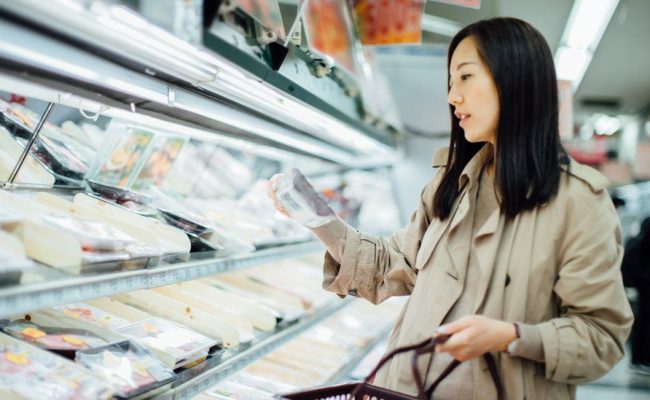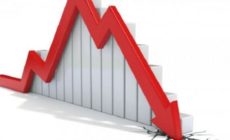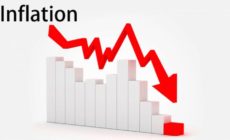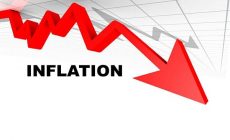Bank of England vows to bring down inflation
- Posted on
- Comment

The Bank of England has hinted at further interest rate rises as it vows to bring inflation back down to 2%.
The central bank’s focus was getting prices down and making life more affordable again, its chief economist Huw Pill said in a speech on Wednesday.
In May, UK inflation hit 9.1%, its the highest level in 40 years. And interest rates are at a 13-year record high of 1.25%.
Mr Pill said he was open to voting for an interest rate rise above 0.25%.
This is the same figure the Bank of England decided on for the last five interest rate increases in a row.
‘The new normal’
Mr Pill said his statement showed he was willing to adopt a faster pace of tightening but also emphasised that it was dependent on what the economic data showed.
He stressed that “much remains to be resolved before we vote on our August policy decision”.
“How I vote on that occasion will be determined by the data that we see and my interpretation of it,” he said.
Sir Jon Cunliffe, a deputy governor at the bank, told BBC Radio 4’s Today programme it would act “forcefully” to make sure higher inflation does not become “the new normal”.
Inflation is the increase in the price of something over time. For example, if a bottle of milk costs £1 one year and £1.09 the next year, then that’s an annual inflation rate of 9%.
The UK’s rate of inflation is being driven up as the prices of fuel, energy and food soar in part due to the war in Ukraine and sanctions on Russia.
In June, the Bank of England warned inflation could reach 11%
One way to try to control rising prices – or inflation – is to raise interest rates. This increases the cost of borrowing and encourages people to borrow and spend less. Higher interest rates also motivate people to save more.
-BBC










 (Selorm) |
(Selorm) |  (Nana Kwesi)
(Nana Kwesi)